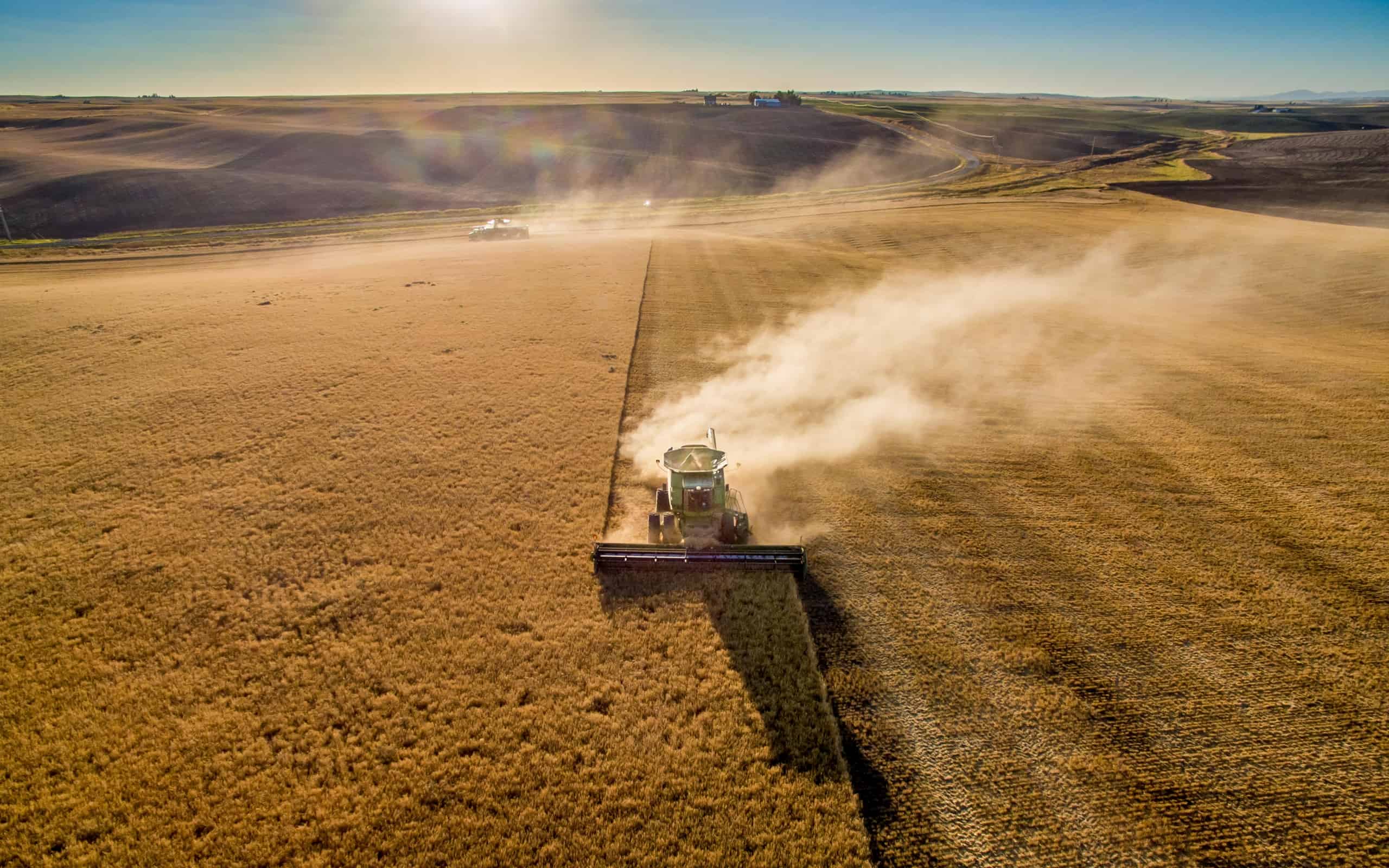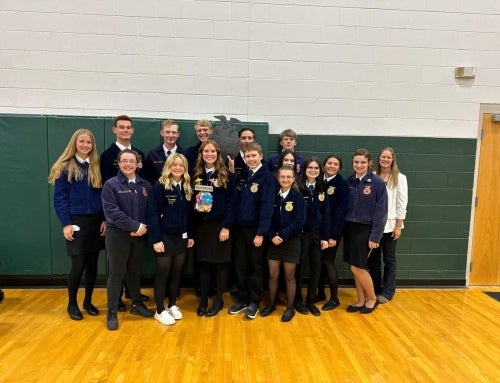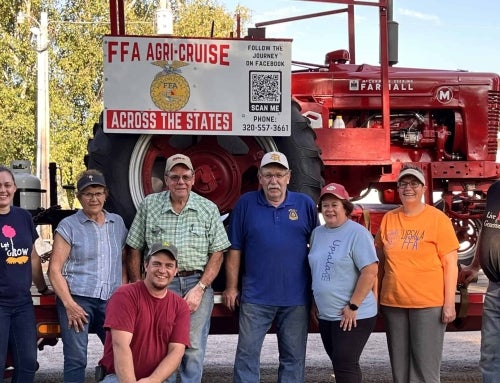Agriculture is one of the world’s oldest practices. It is fundamental to the three Fs in our lives: food, fiber and fuel. Over time, the methods farmers have utilized have become more technological. Insights from data and assistance from artificial intelligence (AI) augment a farmer’s knowledge and replace guesswork with concrete information, which can lead to increased efficiency and profitability.
AI has already had a profound impact even though its full potential has yet to be realized. AI can provide farmers the tools necessary to meet the future needs of a global food system.
“Digital agriculture promises to help address many of the global challenges facing agriculture,” says Ranveer Chandra, managing director for research for industry, and chief technology officer of Agri-Food at Microsoft. “Digitization of the food system, with data and AI, can enable greater efficiency, transparency, profitability and equity. The use of digital technology has seen rapid growth and investment, which has spurred many new innovations in farming.”
Programs such as FarmBeats for Students, developed as a partnership between National FFA and Microsoft, are also helping bridge the gap by empowering K-12 educators to give their students hands-on experience with this wave of the future.
Chandra highlights the following five areas where AI tools can help farmers be more efficient and sustainable.
1. Productivity Improvements
AI can help farmers get greater yields on the same amount of land. Using multimodal AI, which combines several types of data, farmers can be advised about what to plant, when to plant it, when to fertilize, when to harvest and many other recommendations. For example, with Microsoft’s FarmVibes.AI tool, which offers features such as soil and yield maps and what-if analyses, farmers can assess yields on their farm and plan strategies to grow more.
2. Reductions in Loss
AI can predict the weather and potential impact of conditions such as wind, rainfall or impending drought. FarmVibes.AI can also help predict crop stress or yield loss stemming from issues such as water stress, pests or disease, which can help a farmer take the right actions to mitigate the loss.
3. Sustainable Agriculture
AI can help farmers adopt regenerative agriculture practices, including reduced till, cover cropping and nutrient management, by helping them analyze the impact on soil carbon and financial profitability. The FarmVibes.AI what-if tool helps growers make these decisions. Additionally, AI can indicate where fertilizer is needed (which conserves resources and reduces nitrous oxide emissions) and reduce water use through precision irrigation.
4. Smart Supply Chains
Farmers can build on an AI-driven knowledge graph to understand the impact of supply chain disruptions on their inputs. They can plan better and source the inputs from the best locations. AI can also help predict the best places to sell and the sale price and help differentiate farmers’ products.
5. Technology Gap
The recent advances in generative AI, which is capable of producing text and images in response to prompts, can help bridge the technology gap for farmers. A farmer or a farmworker who cannot read or write — or whose hands are physically in the soil — can interact with technology through natural language and by speaking to their device, even in the middle of the farm.












